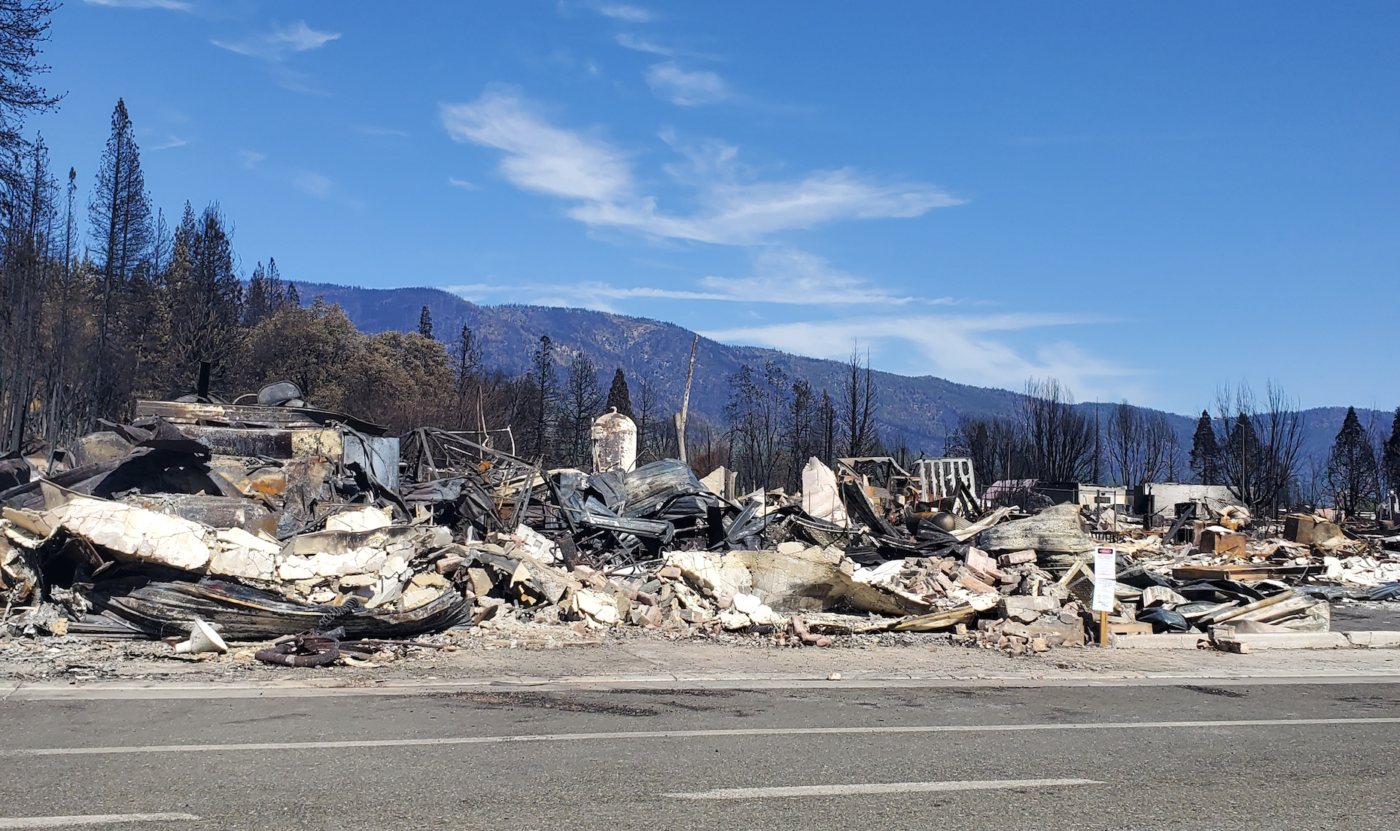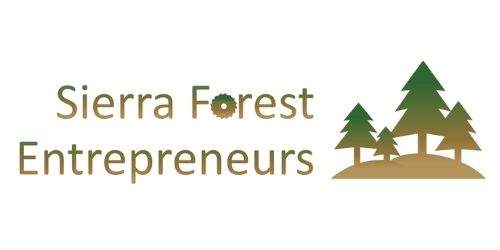We began this week with the first snowfall of the season gently blanketing the mountainside beyond Taylorsville.

This first glimpse of winter symbolizes the march of time in what has felt like an endlessly dry summer—one where our community was upended for weeks on end, concluding for far too many with tragedy and loss, in feelings of devastation and hopelessness.
This grief permeates everyday interactions between neighbors at home and with perfect strangers at the grocery store. Nothing feels normal around here, and our community is faced with the heavy question of, “What do we want tomorrow to look like?”
Our work at the Sierra Institute has always been forward-looking. Prior to the Dixie Fire, our efforts to build a forest restoration economy encompassed support to rural community well-being, fuels reduction efforts across our overstocked forests, and support to the economic development of small and local forestry businesses.
Now in the shadow of the Dixie Fire, our work takes on a new life given the outsized role that shelter has played in shaping our community even before hundreds of homes burned to the ground.
Even if businesses have jobs to offer, housing shortages limit where people can live, and now we are faced with the additional burden of road closures that significantly lengthen commute times.
The loss of Greenville has devastated our community

It is in this context that we recognize and celebrate National Forest Products Week.
Our years-long efforts towards building the Indian Valley Wood Products Campus in Crescent Mills could not have had more perfect timing.
Our campus is ready to meet the moment.
In the coming weeks, we will start down a new path in our relationship with J&C Enterprises as we look to install a sawmill at our Campus. The sawmill will locate timber processing capability within the community to enable processing of blackened timber from fire recovery.
Most importantly, though, it will ensure that trees harvested from fuels reduction work can enter the lumber market, thus facilitating timely forest treatment and hopefully reducing chances of future catastrophic wildfire.
The resulting local lumber supply will be a boon to our community members looking to rebuild their homes, especially given ongoing lumber supply availability and cost issues that have pervaded this pandemic.

Additionally, next week we will host our third, and our first in-person, Sierra Forest Entrepreneurs Workshop.
Small-scale and local forestry businesses are critical infrastructure for rural forested communities across the West facing threat of catastrophic wildfire. We are working with key delivery partners to support the needs of new and growing businesses, and we are optimistic that some successful wood products manufacturing businesses may grow out of the program.
With the purchase of a small-scale sawmill, Sierra Institute and J&C Enterprises will process blackened timber for lumber to help with rebuilding efforts in our community.

We need community-scale forest products manufacturing capability to support both rural development and forest treatment.
To this end, we celebrate those businesses that are doing the hard work of rebuilding forest products manufacturing capabilities in rural towns across the state.
We envision a future whereby forests sustainably supply regional needs, not just in ecosystem services, but in carbon-storing and fire-resistent materials, like mass timber panels for homes, that can help us build wildfire resilient communities.
Because we love our forests, we love locally-sourced forest products and aspire to see a post-Dixie future where improved forest management improves communities.
Learn more about our partners:
Learn more about our projects:



